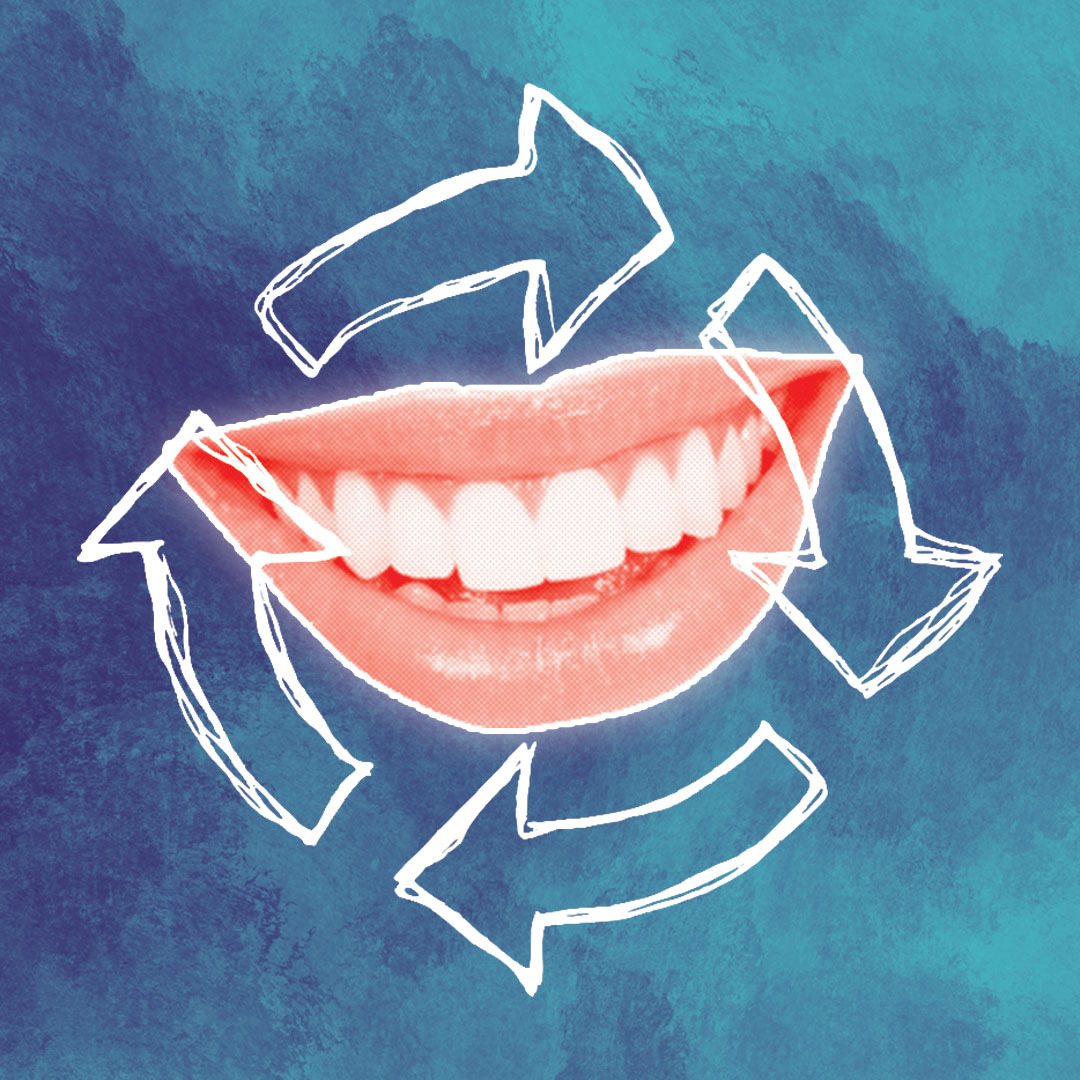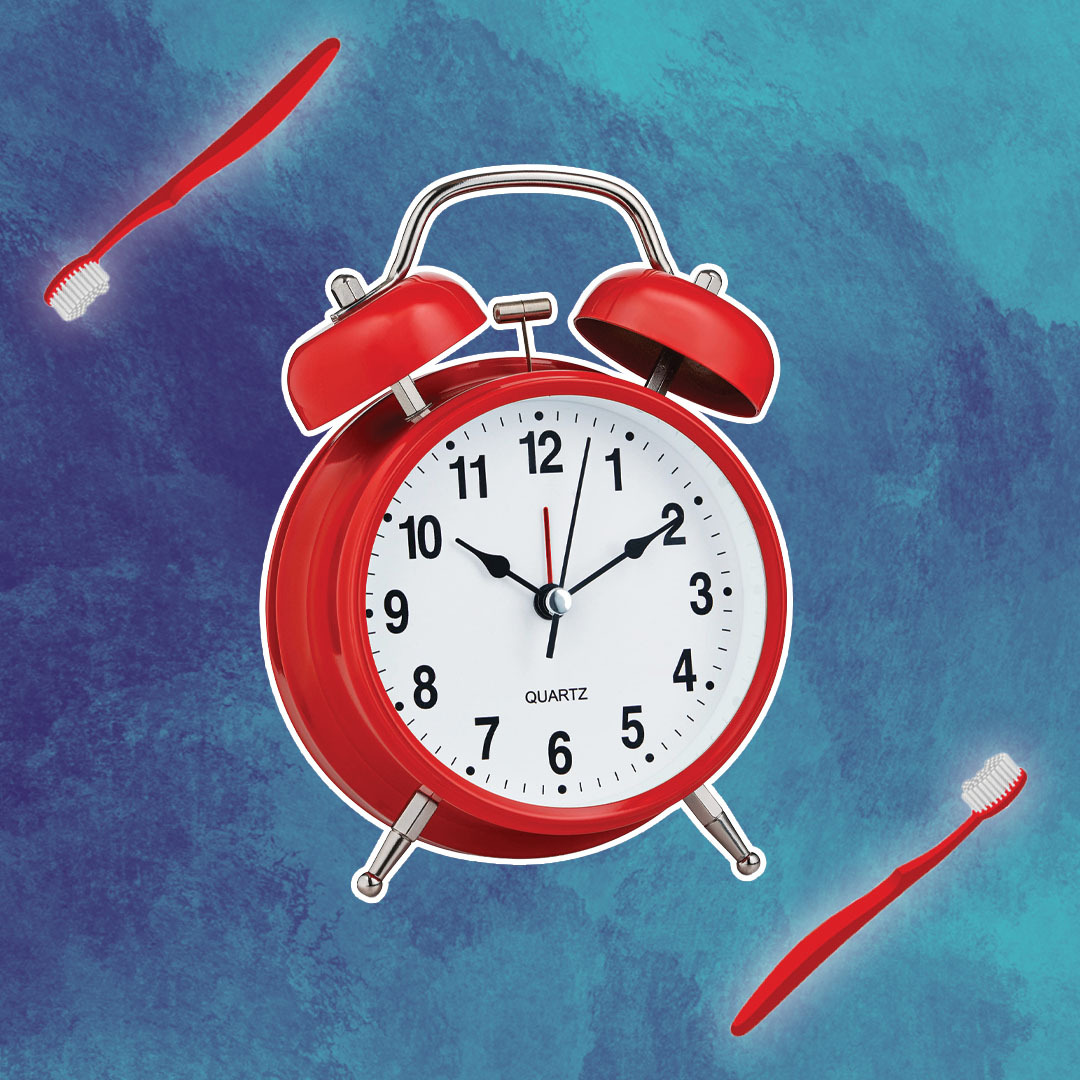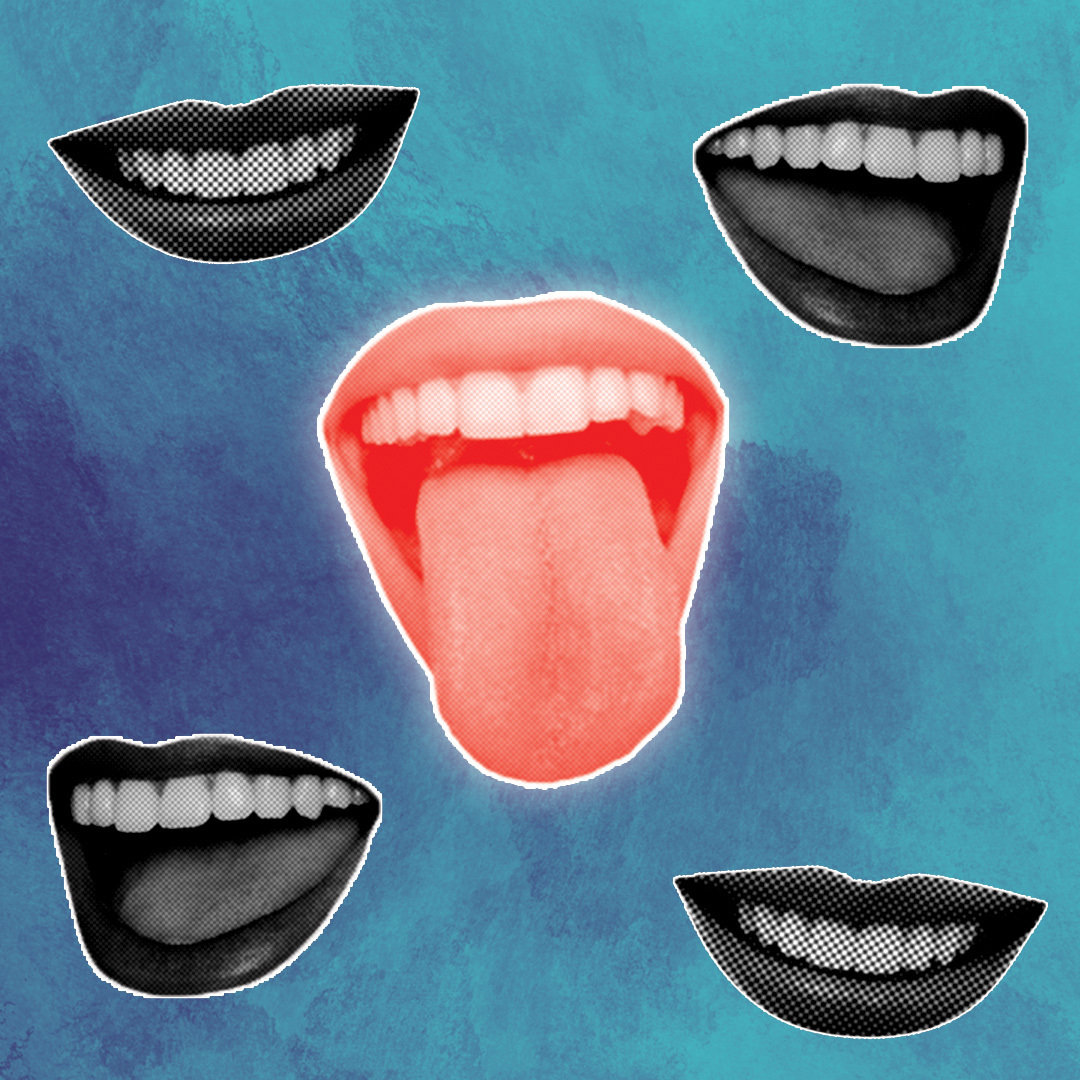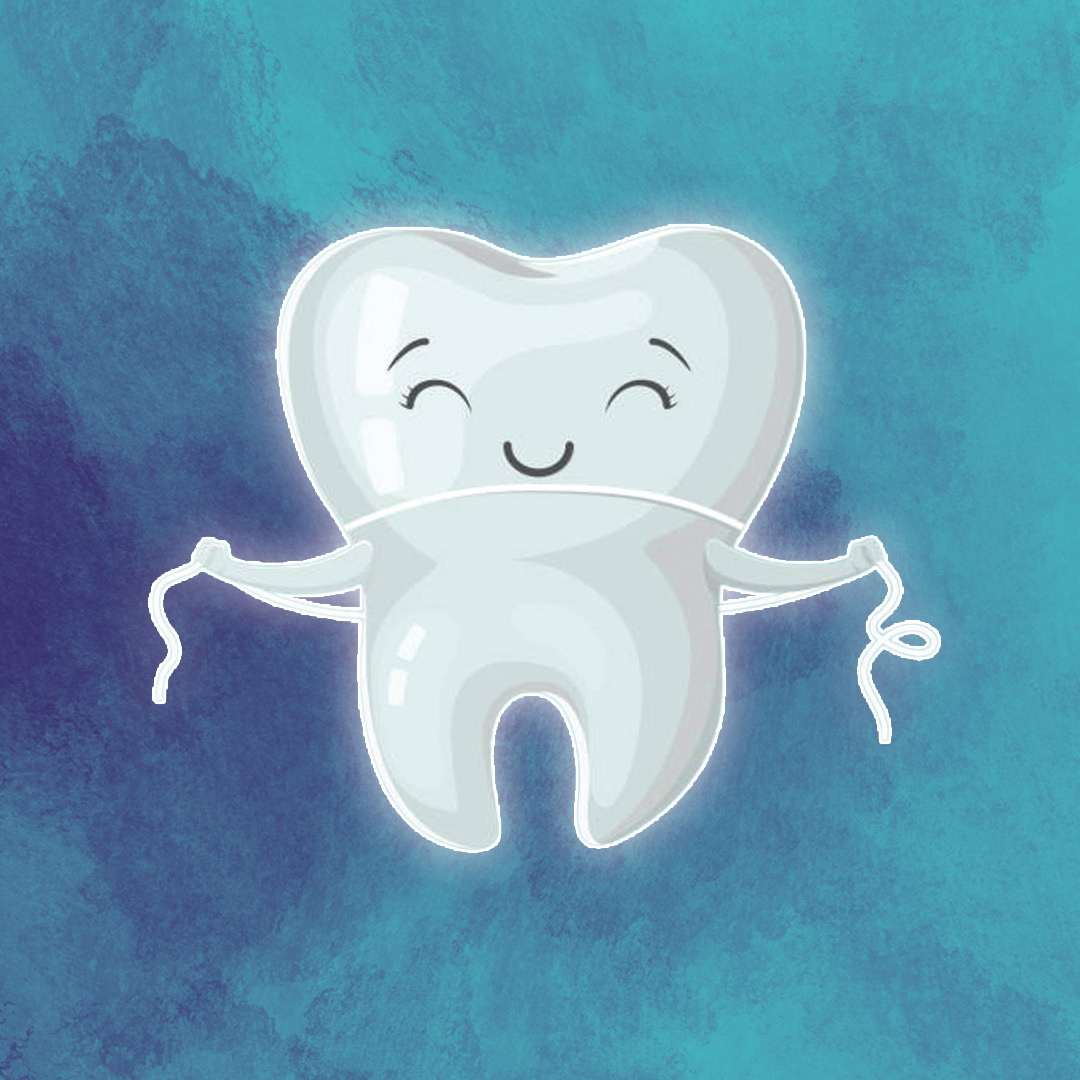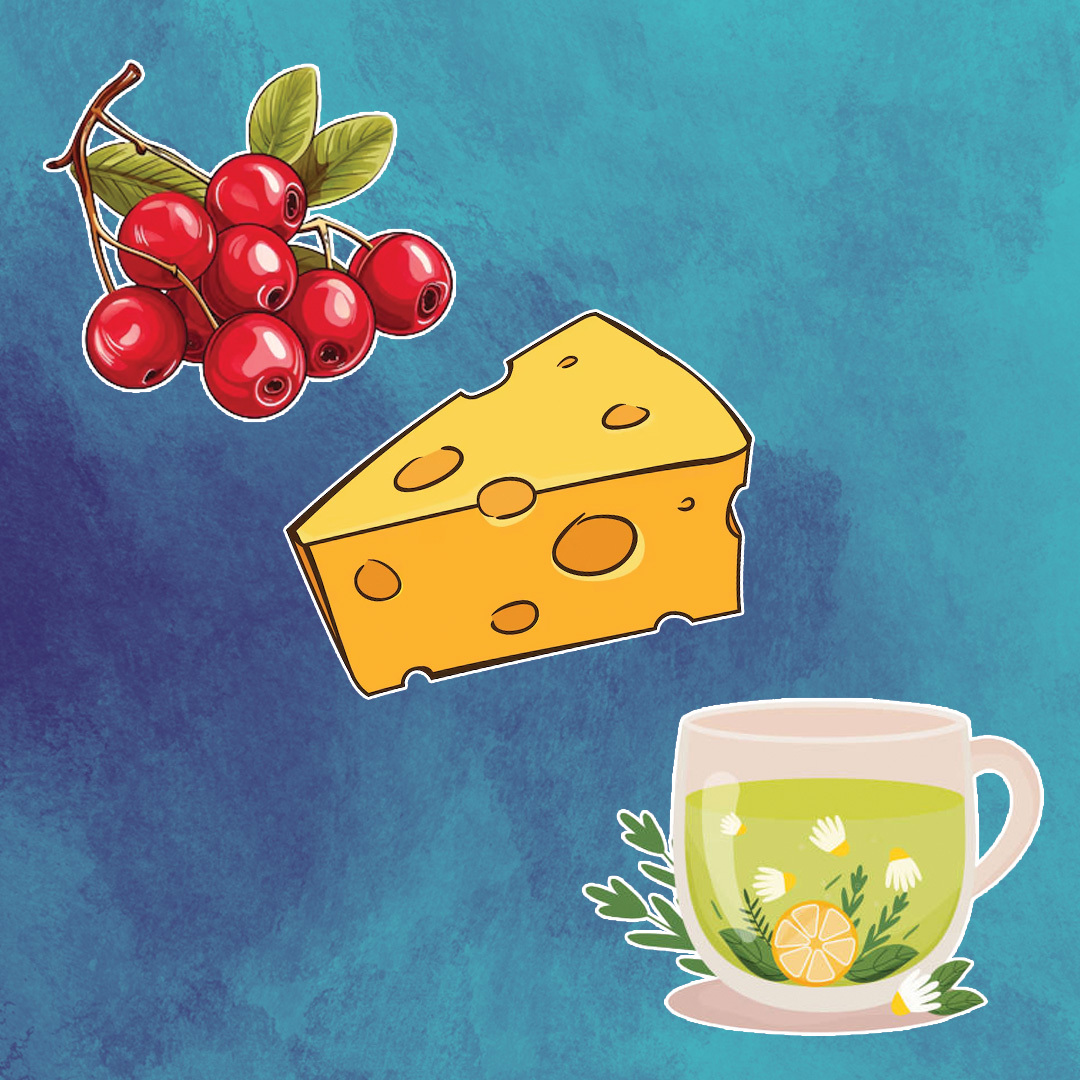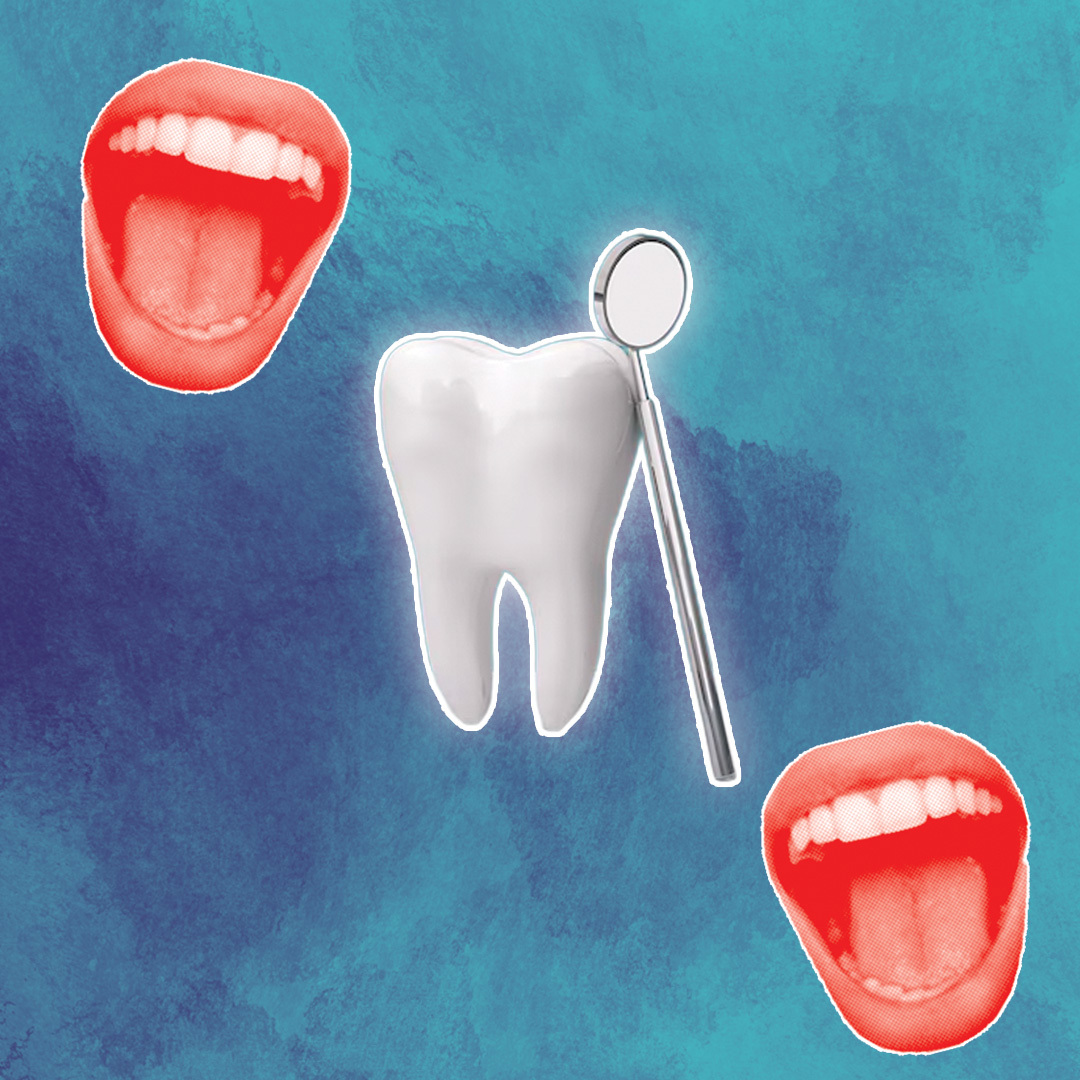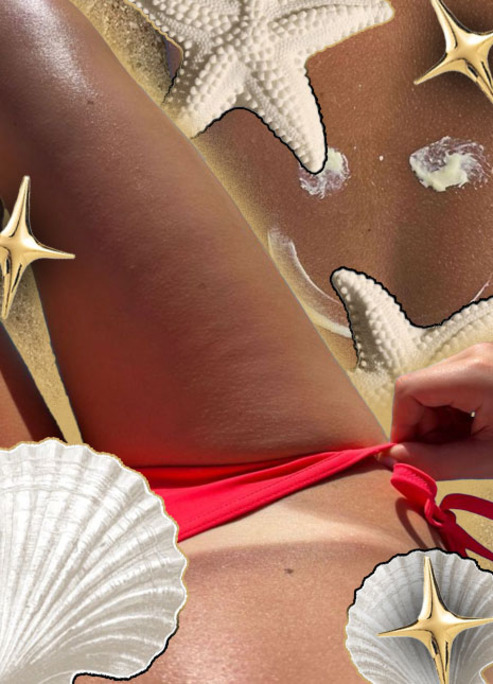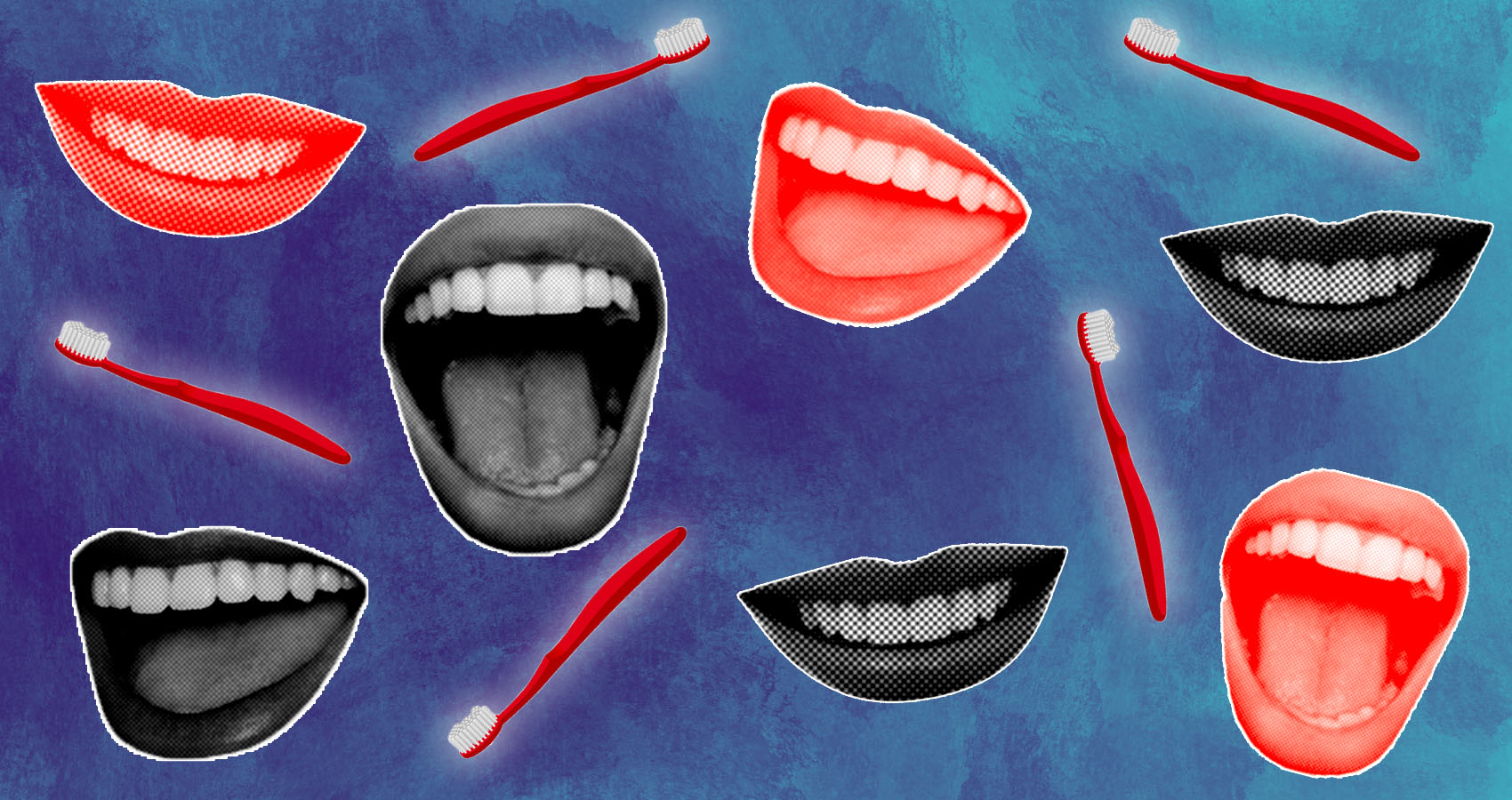
Beyond Brushing: Essential Oral Hygiene Tips for a Healthy Mouth
Rethink everything you thought you knew about oral care.
Most of us learned to brush our teeth as kids & then sort of... stopped learning. We grab our toothbrush twice a day (if we're lucky), scrub around for a minute or two, and call it job done. But here's the thing — your mouth is incredibly complex, housing billions of bacteria that are either working with you or against you depending on how well you treat them.
I've been obsessing over oral health for years now, partly because I had a rather shocking dental check-up in my thirties that left me £800 poorer & significantly wiser. Since then, I've discovered there's so much more to keeping your gob healthy than the basic brush-and-rinse routine most of us follow.
The Science Behind Your Mouth's Ecosystem
Your mouth isn't just a food processing centre — it's a thriving ecosystem. Think of it like a garden where good bacteria need to flourish whilst harmful bacteria get kept in check. The balance is delicate, and frankly, most commercial oral care products seem designed to nuke everything indiscriminately.
Saliva plays a massive role here. It's not just spit; it's your mouth's natural defence system, neutralising acids, washing away food particles, & delivering minerals to strengthen tooth enamel. When saliva production drops (through dehydration, certain medications, or mouth breathing), problems multiply rapidly.
The pH levels in your mouth fluctuate throughout the day. After eating, especially sugary or acidic foods, your mouth becomes more acidic — creating perfect conditions for cavity-causing bacteria to thrive. Your body naturally works to restore balance, but you can help this process along considerably.
Timing Matters More Than You Think
Here's something that might surprise you: brushing immediately after meals can actually damage your teeth. I learned this the hard way after years of dutiful post-breakfast brushing.
When you eat or drink anything acidic (citrus fruits, coffee, wine, even sparkling water), your tooth enamel temporarily softens. Brushing whilst it's in this vulnerable state can wear it away. Better to wait at least 30 minutes, or rinse with water first to help neutralise the acid.
The best times to brush? First thing in the morning to clear overnight bacterial buildup, and last thing before bed to prevent bacteria from partying in your mouth all night. That's when they do their worst damage because saliva production drops significantly during sleep.
The Tongue: Your Mouth's Forgotten Territory
Most people completely ignore their tongues, which is frankly bizarre considering it harbours more bacteria than any other part of your mouth. That white or yellow coating? Pure bacteria.
Tongue scraping has been practiced in Ayurvedic medicine for centuries, & modern research backs up its benefits. A good tongue scraper (copper ones work brilliantly) removes bacteria, food debris, dead cells, & toxins that brushing alone can't reach.
Start at the back of your tongue & gently pull the scraper forward. Rinse it between strokes. Do this before brushing — you don't want to redeposit all that bacteria around your mouth. The difference in breath freshness is remarkable, though I'll admit it takes some getting used to.
Flossing: Doing It Right Actually Matters
Everyone knows they should floss, but hardly anyone does it properly. I certainly didn't for years, just sort of wiggling the floss between my teeth & calling it done.
Proper flossing involves wrapping the floss around each tooth in a C-shape & gently sliding it below the gum line. You're not just removing food particles — you're disrupting bacterial colonies before they can form plaque. Different people need different flossing tools too. Water flossers work well for some, whilst others prefer traditional string floss or interdental brushes.
The key is consistency rather than perfection. Even imperfect flossing done regularly beats perfect technique done occasionally. Though I do recommend getting your hygienist to show you proper technique — it's genuinely illuminating.
Oil Pulling: Ancient Practice, Modern Benefits
Oil pulling sounds completely mad until you try it. Swishing coconut oil (or sesame oil) in your mouth for 10-20 minutes supposedly draws out toxins & bacteria. Sceptical? I was too.
But the research is actually quite compelling. Oil pulling reduces harmful bacteria, improves gum health, & freshens breath. The oil literally pulls bacteria from your teeth & gums, trapping them so you can spit them out.
Start with just 5 minutes — your jaw will ache otherwise. Do it first thing in the morning on an empty stomach, then spit into the bin (not the sink, as the oil can clog pipes). It's oddly meditative once you get used to it, though I still can't manage the full 20 minutes without my jaw cramping.
Diet's Direct Impact on Oral Health
Your diet affects your oral health more dramatically than most people realise. It's not just about avoiding sugar (though that helps enormously). Certain foods actively promote oral health whilst others create chaos.
Cheese, for example, neutralises acids & provides calcium. Leafy greens supply folate, which helps treat gum inflammation. Nuts provide protein & minerals essential for tooth health. Cranberries contain compounds that prevent bacteria from sticking to teeth.
On the flip side, seemingly healthy foods can cause problems. Dried fruits stick to teeth & are incredibly high in concentrated sugars. Sports drinks are acidic disasters for tooth enamel. Even herbal teas can be problematic if they're acidic or you're constantly sipping them throughout the day.
The frequency of eating matters as much as what you eat. Constant snacking keeps your mouth in an acidic state, never giving it chance to recover. Better to eat larger meals & then allow recovery time between.
Professional Care: Beyond the Six-Month Check-up
Regular dental visits matter, obviously, but many people don't realise how much variation exists in dental care quality. Finding a dental hygienist who really knows their stuff can be transformative.
Professional cleanings remove calcified plaque (tartar) that you simply cannot remove at home, no matter how diligent your routine. But beyond cleaning, good dental professionals can spot problems early, assess your oral health holistically, & provide personalised advice.
Some practices offer additional services like oral cancer screenings, bite analysis, or sleep apnoea assessments. Your oral health connects to your overall health in ways that are still being discovered — gum disease links to heart disease, diabetes, & other systemic conditions.
Don't be afraid to shop around or ask questions. A good dental team should be happy to explain procedures, discuss prevention strategies, & work with you to maintain optimal oral health rather than just fixing problems after they occur.
Final Thoughts
Oral health extends far beyond cavity prevention. Your mouth is the gateway to your body, & maintaining its health impacts everything from your confidence to your cardiovascular system.
The techniques I've outlined here aren't complicated, but they do require consistency & attention to detail. Start with one or two changes rather than overhauling everything at once. Perhaps begin with proper flossing technique or try oil pulling for a week.
Remember, every mouth is different. What works brilliantly for one person might not suit another. Pay attention to how your mouth responds to different approaches & adjust accordingly. Your future self (and your wallet) will thank you for the investment in proper oral care.



